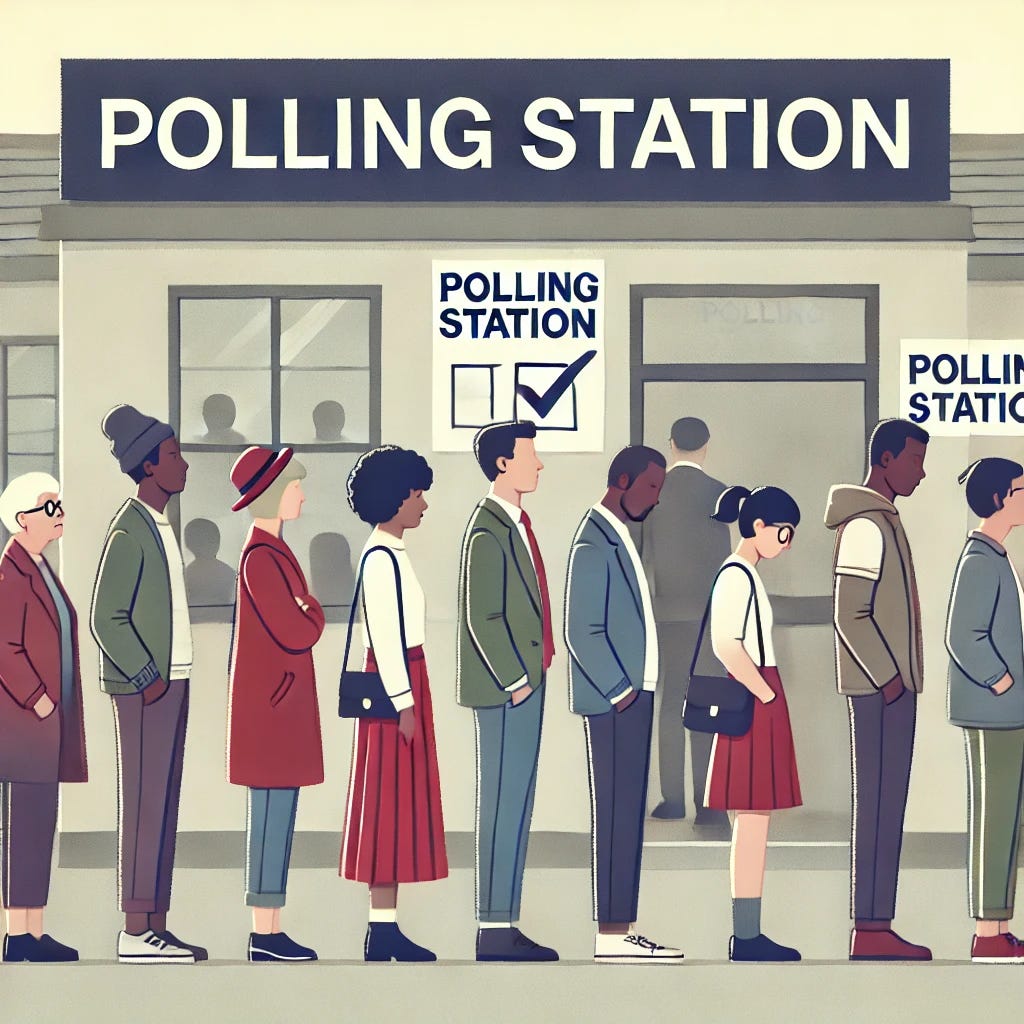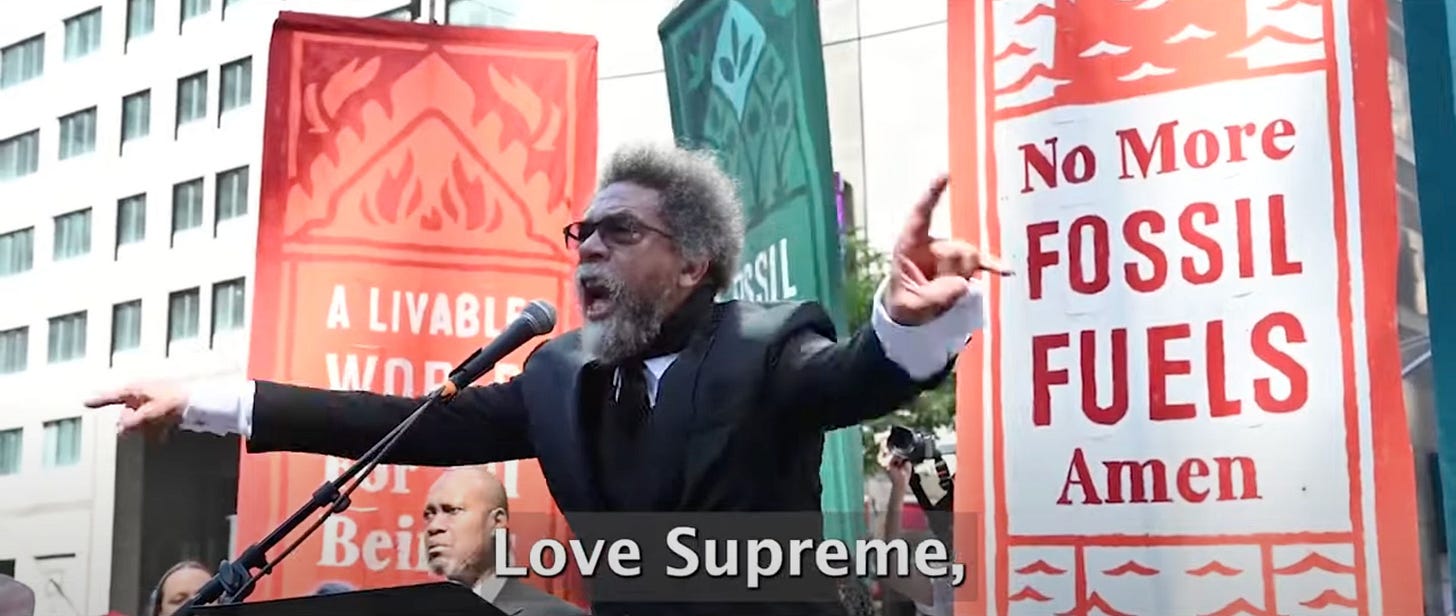This election cycle has led many voters to confront the decision of voting for someone they truly support or casting a vote to block the opposing candidate. I recently had a conversation with a close friend who planned to vote for Kamala Harris as president—not because he particularly supported her, but because he didn’t want Donald Trump to win. His vote was more about stopping Trump than endorsing Harris.
I explained to him that in California, Harris is almost certain to win. Polls show her consistently ahead of Trump by wide margins, around 24 to 26 points. In fact, California has a long history of voting Democratic, and Harris is predicted to have a greater than 99% chance of winning the state’s 54 electoral votes. Given this, I told my friend that voting for someone like Cornel West, who shares his values, could be more meaningful than just voting to prevent Trump.
Cornel West, although not on the official ballot in California, is an official write-in candidate. What does this mean? A write-in candidate is someone whose name does not appear on the ballot but who has registered as an official write-in candidate, making it possible for voters to cast a vote for them by physically writing their name in the designated space on the ballot. To qualify as a write-in candidate, West had to meet specific filing requirements in California. While he is on the ballot in some states, he relies on write-in votes in others like California.
So how does the process work? When voters choose a write-in candidate, they must physically write the candidate's name in the provided space on their ballot. The vote is only counted if the candidate is officially registered as a write-in candidate in that state. This allows candidates like West, who may not appear on the ballot, to still have their votes counted. However, even with official write-in status, the candidate faces steep odds, as their supporters must actively write them in rather than simply selecting a name from the ballot.
Historically, a write-in candidate winning a major executive office is rare, but it has happened in U.S. political history. No write-in candidate has ever won the presidency, but there have been successful write-in campaigns at other levels of government. For instance, Strom Thurmond won a U.S. Senate seat in South Carolina in 1954 as a write-in candidate, and in 2010, Lisa Murkowski won re-election to the U.S. Senate from Alaska through a successful write-in campaign. However, winning the presidency as a write-in remains an unprecedented challenge.
Ultimately, the decision to vote for a write-in candidate like Cornel West is not about whether he’ll win, but about standing up for what you believe in. As I told my friend, California’s outcome is already predictable, so we have the freedom to cast a vote based on principles. Voting for West is a statement of conscience, a choice to support a candidate who aligns with my values, rather than simply voting out of fear or opposition to another candidate.
West’s Positions
Cornel West is running for president as an independent candidate, challenging what he calls the "moral bankruptcy" of both major political parties. His platform focuses on social justice, economic equality, and anti-imperialism, offering voters a chance to vote their conscience rather than simply choosing between the "lesser of two evils." West's campaign emphasizes a commitment to eradicating poverty, securing universal healthcare, providing quality education, and dismantling systems of corporate control, all while promoting a strong stance on issues like Gaza, advocating for the rights of oppressed peoples globally.
West’s positions on critical issues also extend to environmental justice and empowering working-class Americans, rejecting corporate influence in politics. By voting for him, you aren't just supporting a long-shot candidate; you're aligning yourself with a movement for systemic change and standing against the notion that a vote is wasted unless it's cast for a major party candidate. Voting for West—or any official write-in candidate—is about sending a message that integrity, justice, and truth matter more than just winning. This approach encourages voting based on principles and policy alignment, not fear of another candidate gaining office.






